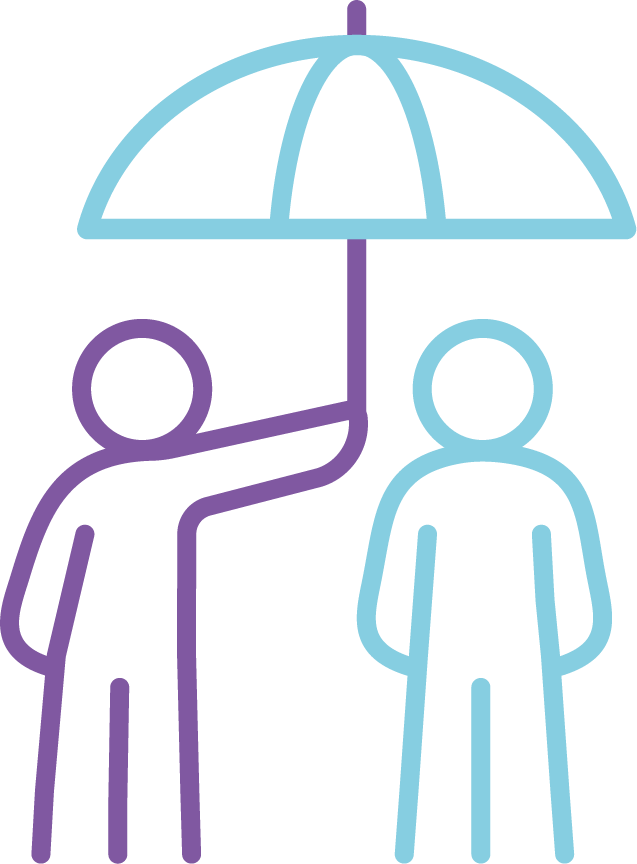How to get help safely
Before getting help, check whether the phone, computer or tablet you’re using can be seen by anyone else – especially by the person or people you want to talk about. This might be because they’re in the same room as you or because you think they’re monitoring what you do on your device.
Refuge has advice available in English, Urdu, Spanish and Polish on how to secure your technology and recognise the signs of technology abuse. And the honour-based abuse charity Karma Nirvana also has practical guidance to keep safe online if you think your online activity is being tracked.
If you’re worried about your privacy when seeking help, or worried about the privacy of your device, here are three things you can do:
- Memorise key phone numbers to call when it’s safe to do so, for example Karma Nirvana’s helpline is 0800 5999 247
- Use the ‘quick exit’ button if the website has one, this will close the web page quickly
- Call or access websites on a device you know is safe, for example a trusted friend’s phone
If you’re in immediate danger, always call 999. If you have a hearing or speech impairment, use the textphone service 18000 or text on 999 if you’ve pre-registered with the emergency SMS service.
If you call 999 from a mobile phone but are unable to speak, you can use Silent Solution by pressing 55 when prompted. Once you press 55, the operator will transfer the call to the relevant police force as an emergency.
If you’ve been harmed or are at risk of being harmed, or if someone you know has been harmed or is at risk, report this to Greater Manchester Police (GMP) by calling 101 or via the live chat function on the website.
If it’s safer, you can go to your local police station and talk to a police officer in person. GMP will provide a safe and comfortable environment for you. Find your nearest police station or local policing team here.
GMP encourages victims of honour-based abuse and violence to get help from them. The police will respect your wishes and confidentiality, establish lines of communication and provide you with appropriate support and guidance via a number of support agencies.
If you’d like to report anonymously, contact Crimestoppers on 0800 555 111. Crimestoppers is a charity that’s entirely independent of police.
Forced marriage
Everyone has the right to make their own decisions about when and who they marry.
A forced marriage is when you don’t or can’t consent to the marriage, but are forced into it by your family or community.
Forced marriage is illegal in the UK. Under the Forced Marriage Act 2007, you can apply to designated courts for a Forced Marriage Civil Protection Order. Or you can ask someone to do this on your behalf.
These orders can be used to prevent you from being forced into a marriage or to protect you if a forced marriage has already taken place. If anyone breaches the order, they might be arrested.
Female genital mutilation (FGM)
Female genital mutilation (FGM) is when female genitals are deliberately cut, injured or changed, but there’s no medical reason for this to be done.
You might hear FGM described as female circumcision, female cutting, Sunna, gudniin, halalays, tahur, megrez or khitan.
It’s usually carried out when you’re young, between infancy and the age of 15, and often before your puberty starts.
FGM is illegal in the UK and is child abuse. It’s very painful and can seriously harm you both physically and mentally. It can cause long-term problems with sex, childbirth and mental health.
You have the right to control what happens to your body, and you have the right to refuse FGM.





